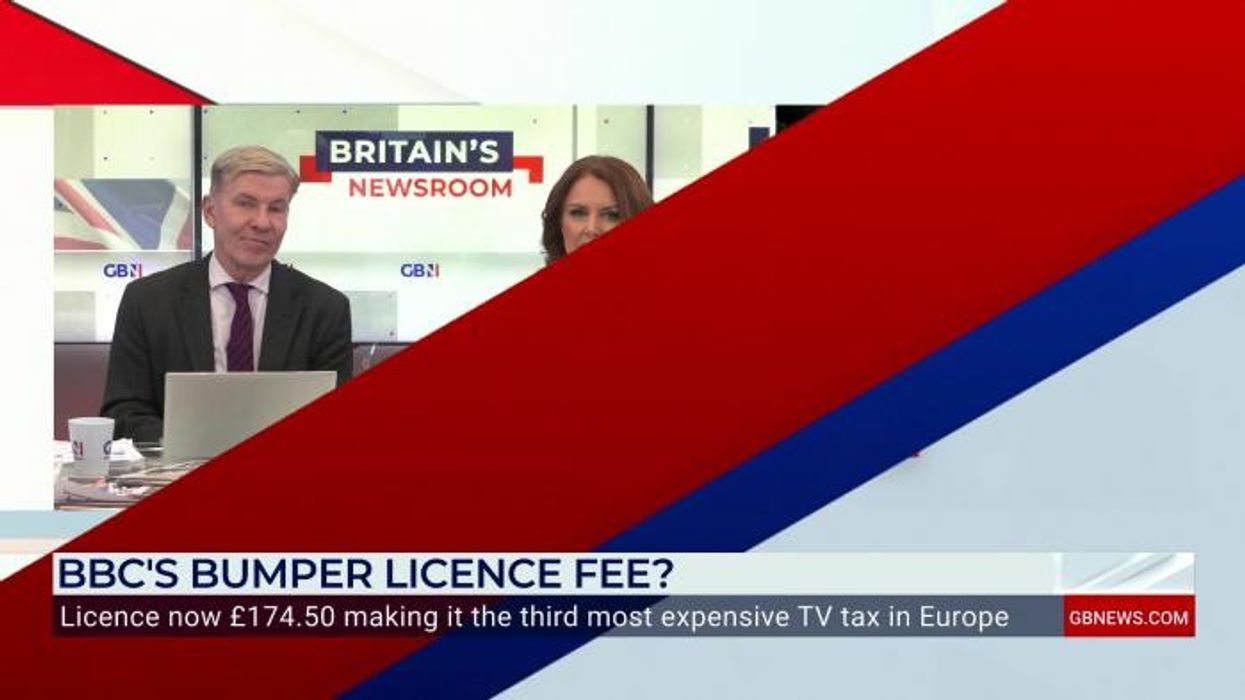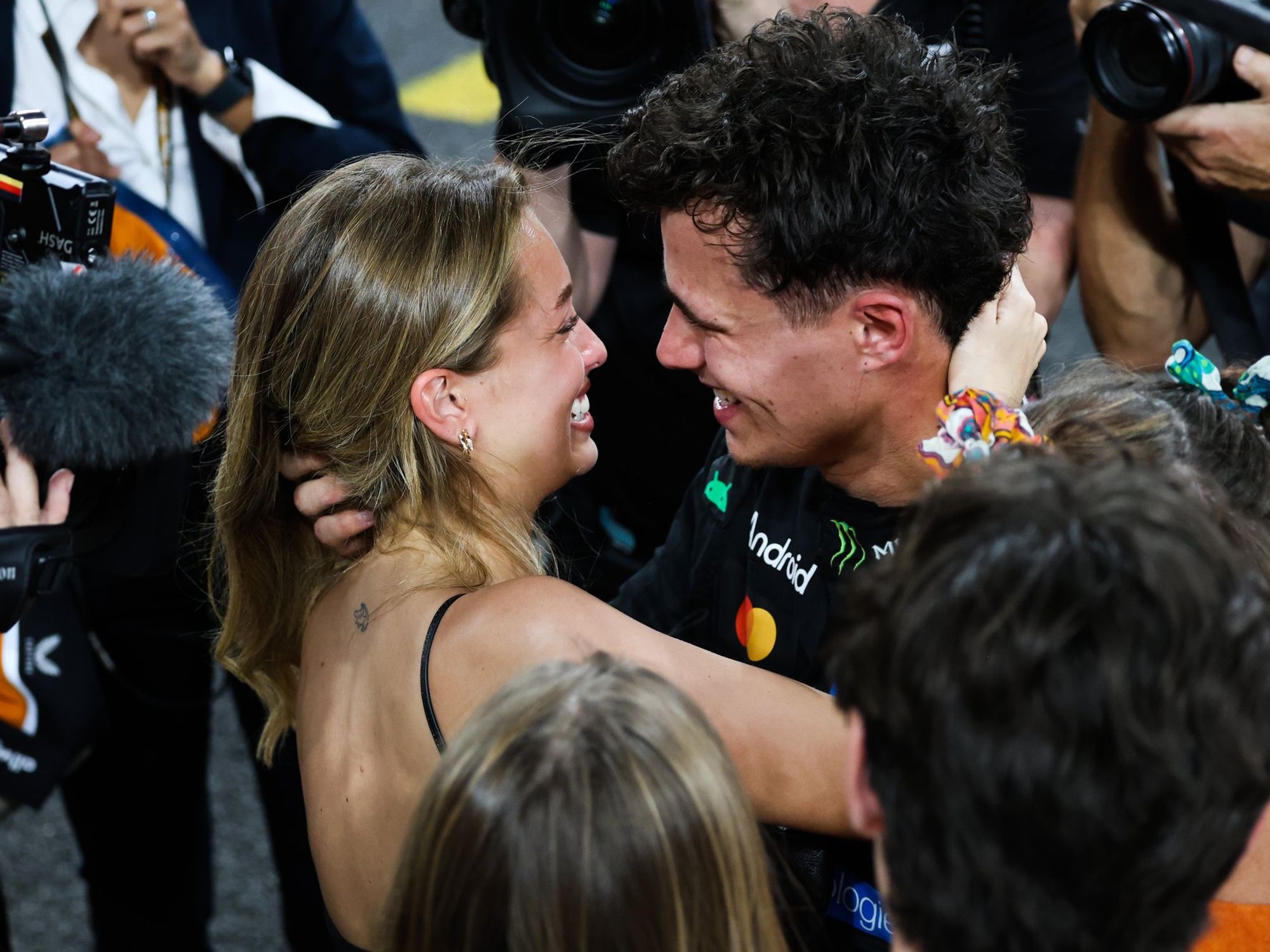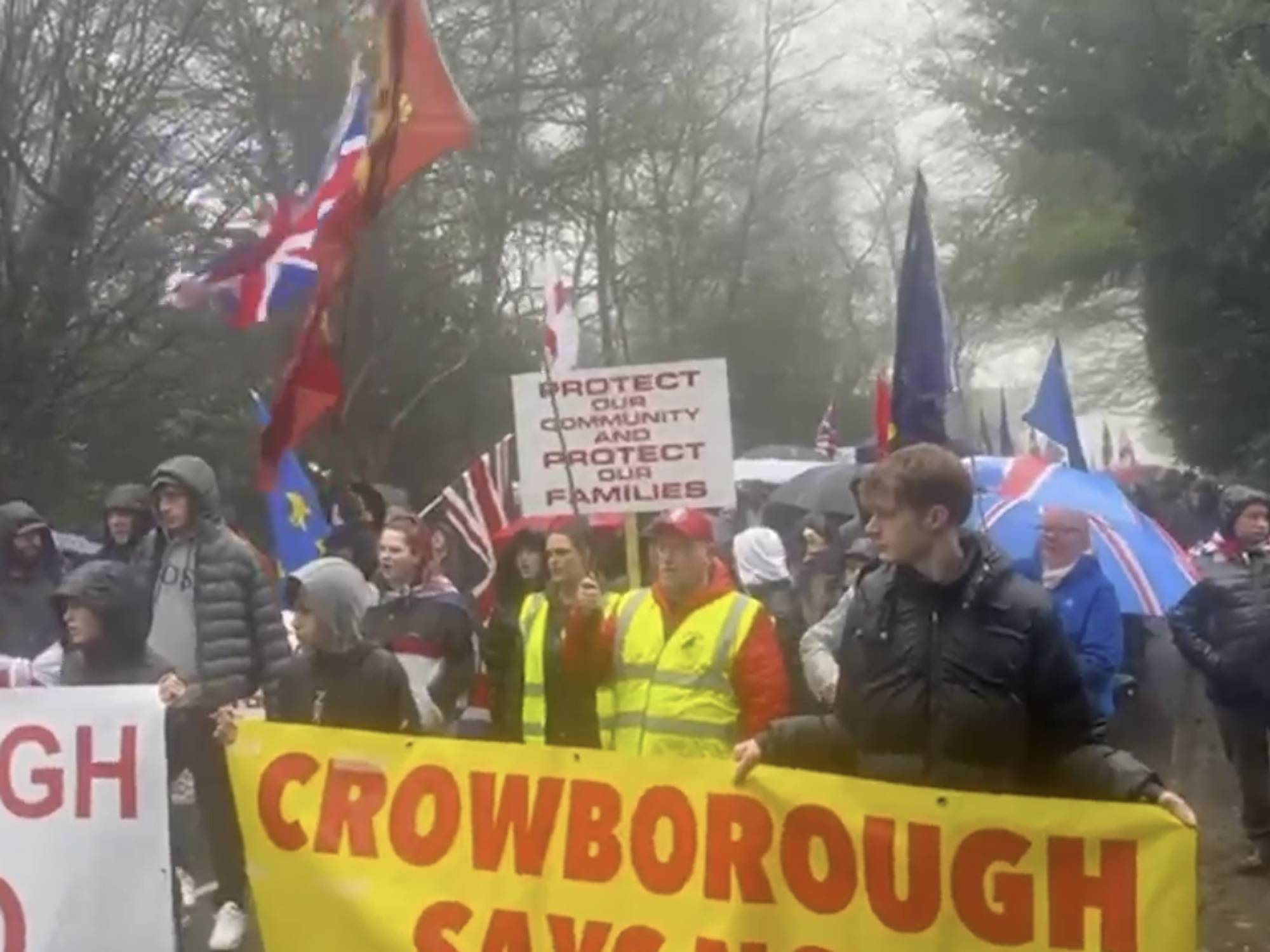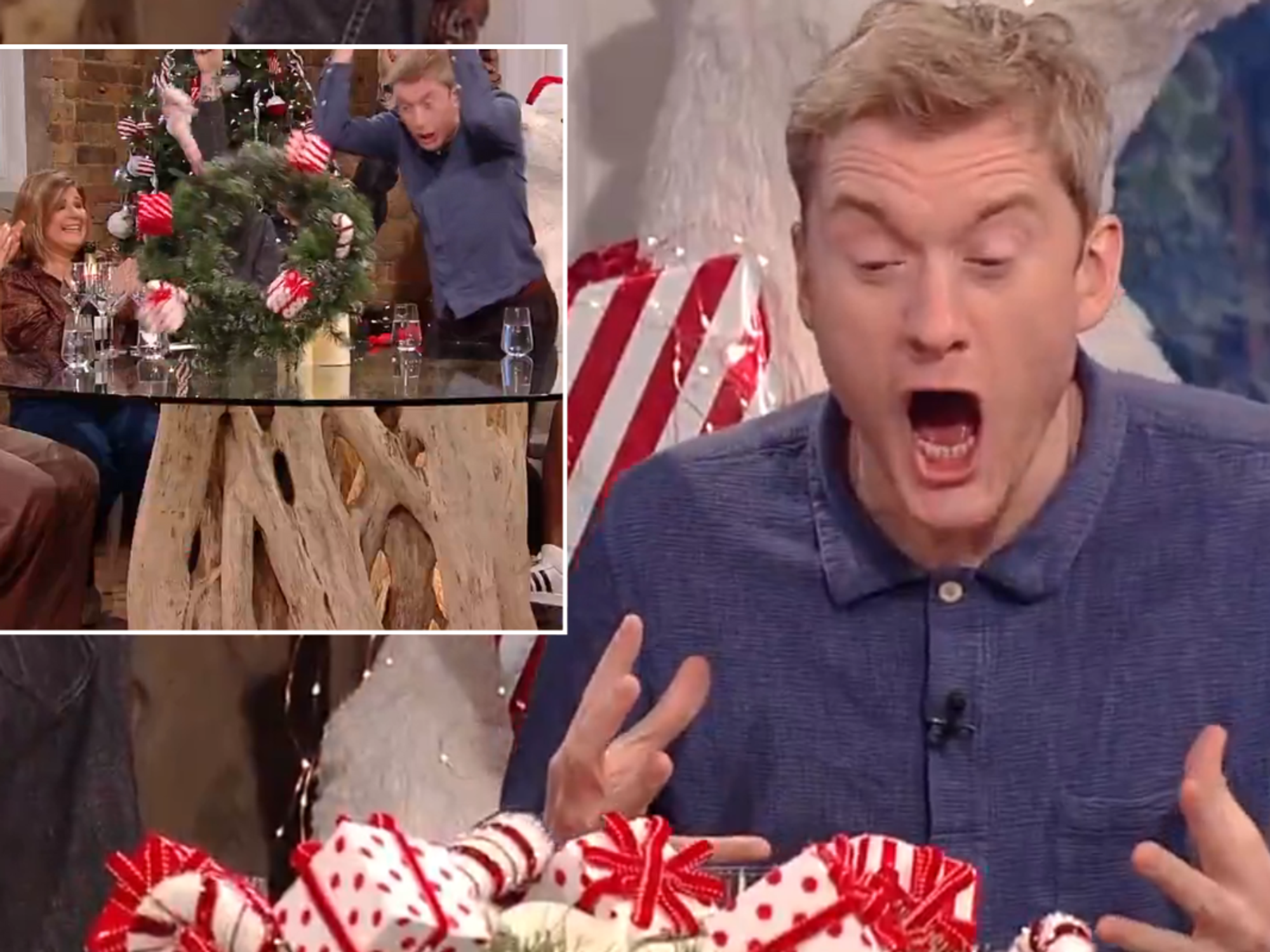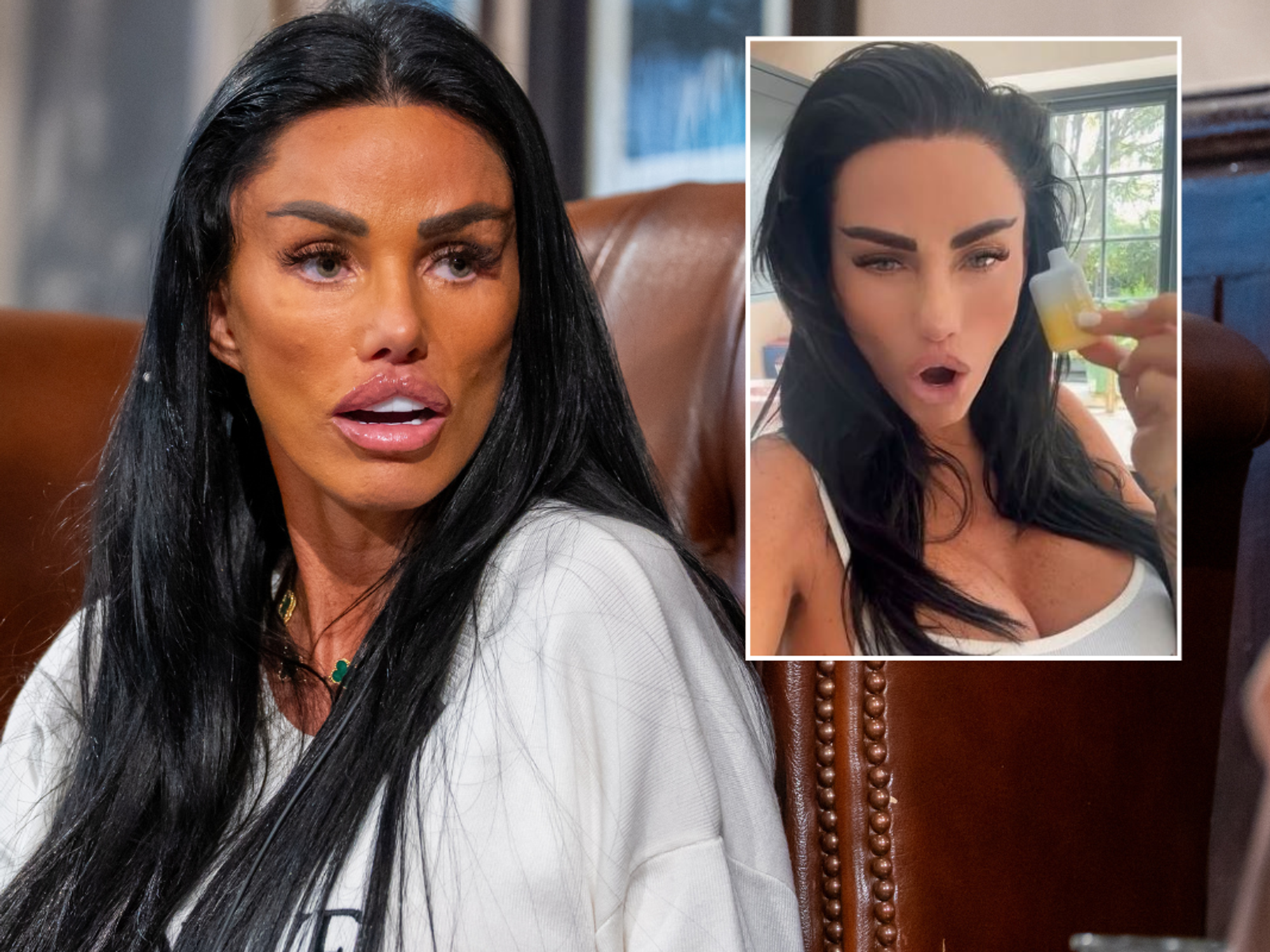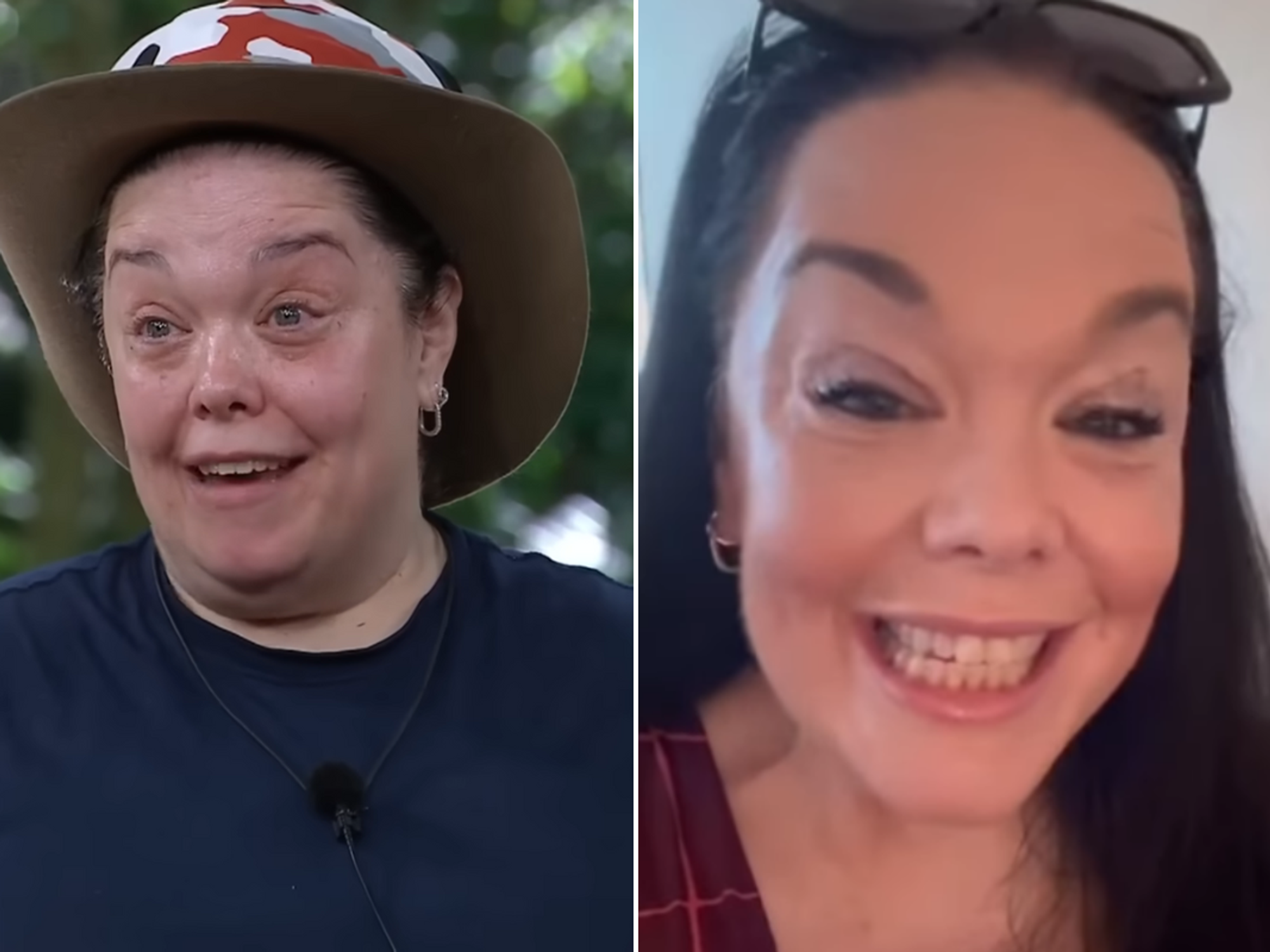Ex-BBC star warns broadcaster is 'doomed' as shocking stat fuels licence fee row

The BBC TV licence fee rose to £174.50 in April
Don't Miss
Most Read
Latest
Former BBC presenter Roger Bolton has delivered a damning verdict on the future of the broadcaster, declaring it "doomed" despite offering "incredible value for money".
His comments come after the TV licence fee rose to £174.50 in April, making it the third-highest in Europe.
The increase comes at a time when other nations are cutting back or abolishing their compulsory TV taxes altogether.
Bolton told GB News the licence fee has a "fundamental problem" as it is not a progressive tax.
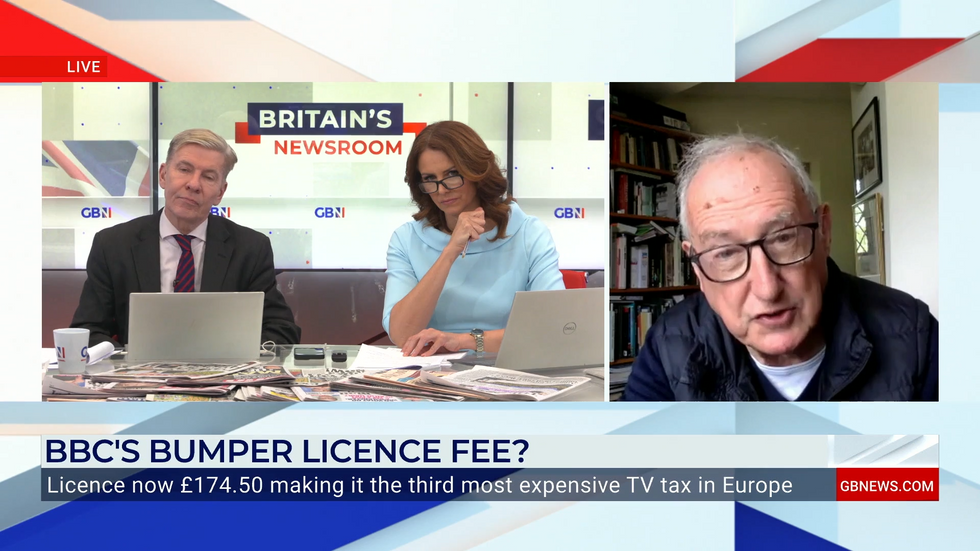
Rodger Bolton said the broadcaster is "doomed"
|GB NEWS
He told GB News: "The first question is: Is it value for money? And I’ve tried to address that. I think it’s incredible value for money. I also think it’s doomed."
He added: “There’s always been a fundamental problem with it, it’s not a progressive tax. Everyone pays the same, which I believe is unjust.
LATEST DEVELOPMENTS
"I think there’s an increasing number of people refusing to pay it, and I don’t think that’s sustainable. Very few people actually get prosecuted, but even so, I don’t think that approach can continue. So yes, I believe it’s doomed. The real question is: can we find another way?
“But as I always say on these occasions, the conversation we need to have is about the role of public service media. Is there still a role for it? If there is, then what do we want it to deliver? How do we deliver that? And then how do we pay for it?
“At the beginning, I was trying to suggest that we mustn’t think of this just in terms of television. The BBC licence fee, in real terms, has dropped by around 38 to 40 per cent since 2010, due to government pressure. So, inevitably, you’re seeing less on screen.
“But don’t forget everything else: local radio, the website, the World Service all of that. So before we rush to get rid of the licence fee, which I do think is doomed and I can’t see it lasting more than four or five years, let’s first have the conversation about what kind of public service media we want, and then figure out how to fund it.
“And just to say, when you look at the alternatives to the licence fee, each comes with its own set of problems.
“Advertising? Well, if you’re happy with programmes being interrupted, fine. But the advertising market isn’t big enough. The BBC would dominate it and, frankly, your company and many others would struggle to survive.
“Subscription? There’s still a significant number of people who aren’t online, and governments have to deal with that. Otherwise, you’re effectively switching them off altogether.”
The BBC argues it offers excellent value at 48p per day, stating: "The estimated cost for a subscription bundle which includes everything the BBC offers is significantly higher than that of a TV Licence."
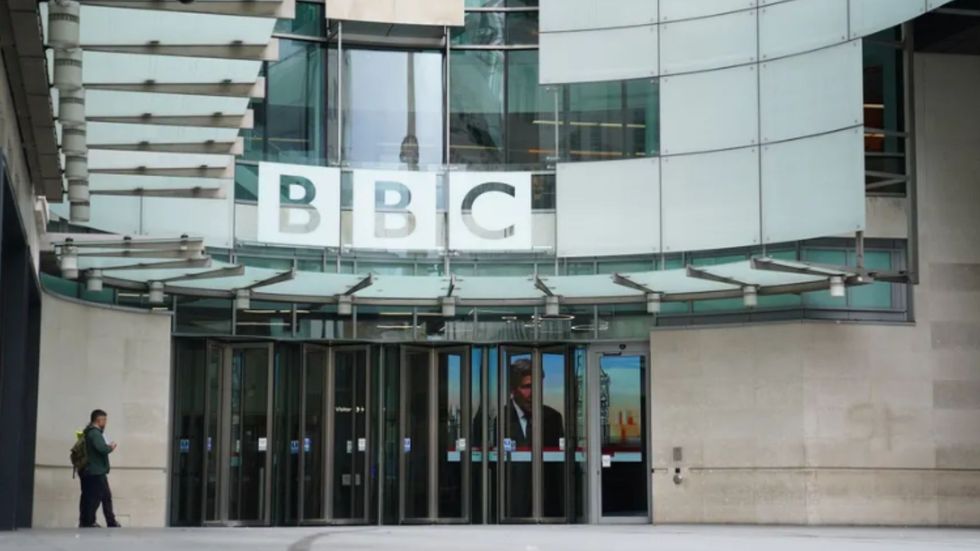
The BBC argues it offers excellent value at 48p per day
|GETTY
While the BBC received an inflation-linked increase, other European nations have moved in the opposite direction.
Denmark, the Netherlands, Belgium, Cyprus and Bulgaria have also scrapped direct charges for national broadcasters.
The trend reflects changing TV viewing habits, with 68 per cent of UK households now subscribing to at least one streaming platform.
Switzerland tops the European rankings with the most expensive TV charge at 335 francs (£304) per household annually.


